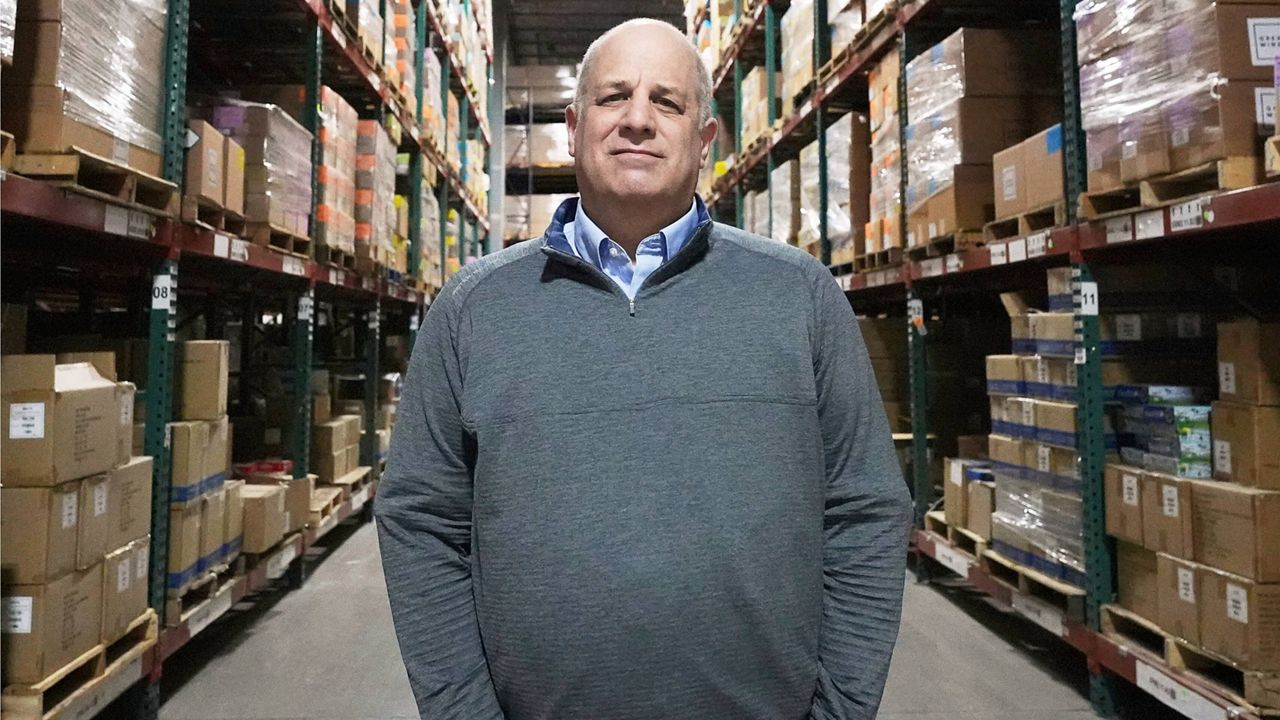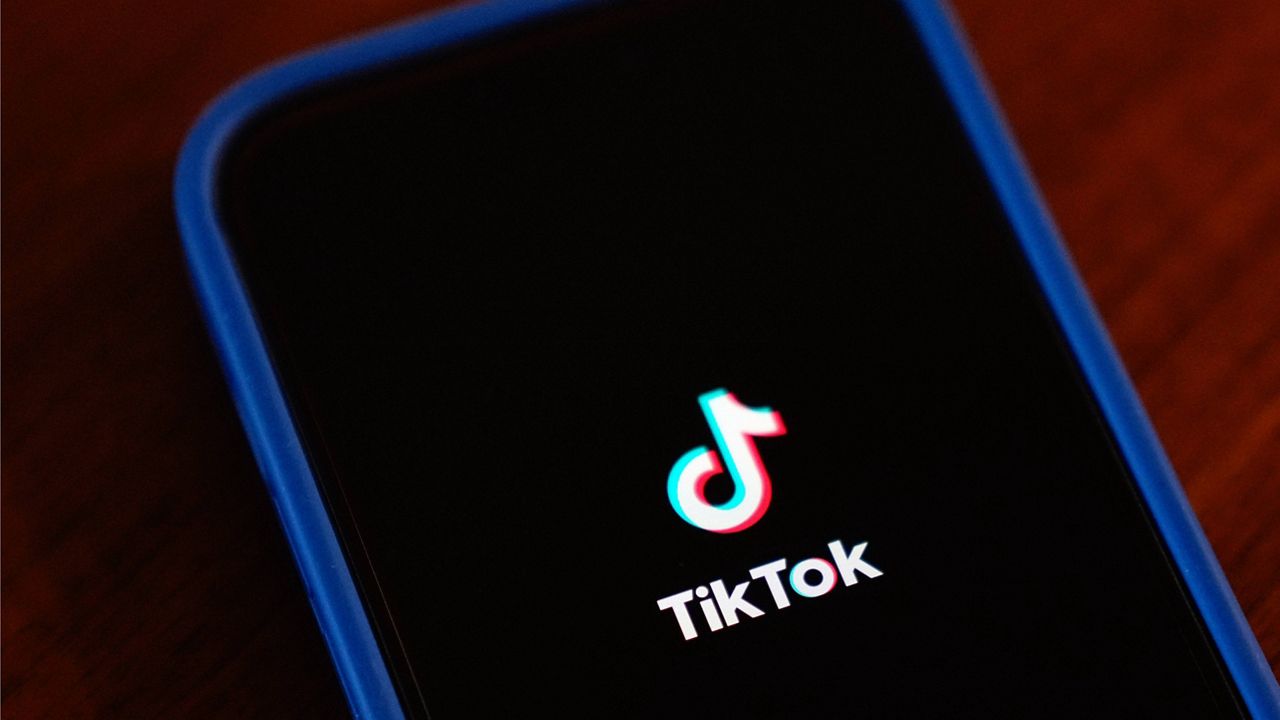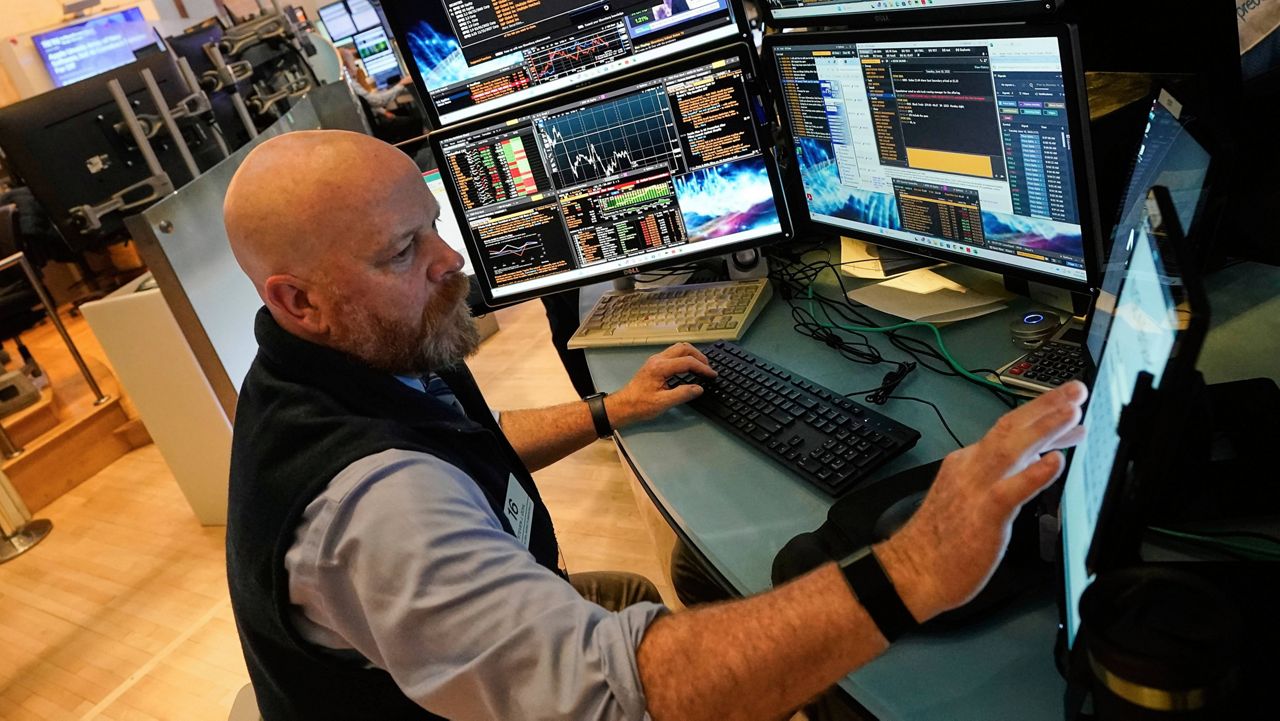The U.S. economy shrank from April through June for a second straight quarter, contracting at a 0.9% annual pace and raising fears that the nation may be approaching a recession.
What You Need To Know
- The U.S. economy shrank from April through June for a second straight quarter, contracting at a 0.9% annual pace and raising fears that the nation may be approaching a recession
- The decline in the gross domestic product — the broadest gauge of the economy — followed a 1.6% annual drop from January through March
- Consecutive quarters of falling GDP constitute one informal, though not definitive, indicator of a recession
- The report comes at a critical time, as consumers and businesses have been struggling under the weight of punishing inflation and higher borrowing costs
The decline that the Commerce Department reported Thursday in the gross domestic product — the broadest gauge of the economy — followed a 1.6% annual drop from January through March. Consecutive quarters of falling GDP constitute one informal, though not definitive, indicator of a recession.
The report comes at a critical time. Consumers and businesses have been struggling under the weight of punishing inflation and higher borrowing costs. On Wednesday, the Federal Reserve raised its benchmark interest rate by a sizable three-quarters of a point for a second straight time in its push to conquer the worst inflation outbreak in four decades.
The Fed is hoping to achieve a notoriously difficult "soft landing": An economic slowdown that manages to rein in rocketing prices without triggering a recession.
Fed Chair Jerome Powell and many economists have said that while the economy is showing some weakening, they doubt it's in recession. Many of them point, in particular, to a still-robust labor market, with 11 million job openings and an uncommonly low 3.6% unemployment rate, to suggest that a recession, if one does occur, is still a ways off.
For now, Americans are still spending in sectors like travel, where demand and goods has driven up the cost of flights and hotels.
The average daily rate of a hotel room is up 17% from the same period in 2019, according to hospitality data company STR.
"You continue to have deep pockets of pent-up leisure demand after two years of lockdown. Lots of vacations postponed, lots of weddings, social events postponed," Anthony Capuano, the CEO of Marriott International, told Spectrum News in an interview.
Asked whether Marriott is preparing for a recession, Capuano said they expect to see a "moderating" but "continued support for travel."
"I think broad economic trends are clearly decelerating. But we're not yet seeing any meaningful impact in our forward-looking data," he said.
Thursday's first of three government estimates of GDP for the April-June quarter marks a drastic weakening from the 5.7% growth the economy achieved last year. That was the fastest calendar-year expansion since 1984, reflecting how vigorously the economy roared back from the brief but brutal pandemic recession of 2020.
But since then, the combination of mounting prices and higher borrowing costs have taken a toll. The Labor Department's consumer price index skyrocketed 9.1% in June from a year earlier, a pace not matched since 1981. And despite widespread pay raises, prices are surging faster than wages. In June, average hourly earnings, after adjusting for inflation, slid 3.6% from a year earlier, the 15th straight year-over-year drop.
The inflation surge and fear of a recession have eroded consumer confidence and stirred public anxiety about the economy, which is sending frustratingly mixed signals. And with the November midterm elections nearing, Americans' discontent has diminished President Joe Biden's public approval ratings and increased the likelihood that the Democrats will lose control of the House and Senate.
In a statement Thursday, Biden insisted the U.S. economy is "on the right path."
"Coming off of last year’s historic economic growth – and regaining all the private sector jobs lost during the pandemic crisis – it’s no surprise that the economy is slowing down as the Federal Reserve acts to bring down inflation," he said. "But even as we face historic global challenges, we are on the right path and we will come through this transition stronger and more secure.
"Our job market remains historically strong, with unemployment at 3.6% and more than 1 million jobs created in the second quarter alone," he continued. "Consumer spending is continuing to grow. Earlier this week, I met with the Chairman of SK Group from Korea, just one of the companies investing more than $200 billion in American manufacturing since I took office, powering a historic recovery in American manufacturing."
“There’s going to be a lot of chatter today on Wall Street and among the pundits about whether we are in a recession, but if you look at our job market, consumer spending, business investment, we see signs of economic progress in the second quarter,” Biden reiterated just before a meeting with CEOs Thursday to discuss economic conditions.
The president called on Congress to pass a $280 billion bill to fund domestic semiconductor production and science research and a bill aimed at reducing the deficit and fighting inflation.
"My economic plan is focused on bringing inflation down, without giving up all the economic gains we have made," the president continued. "Congress has an historic chance to do that by passing the CHIPS and Science Act and Inflation Reduction Act without delay."
Consumer spending is still growing. But Americans are losing confidence: Their assessment of economic conditions six months from now has reached its lowest point since 2013, according to the Conference Board, a research group.
Recession risks have been growing as the Fed's policymakers have pursued a campaign of rate hikes that will likely extend into 2023. The Fed's hikes have already led to higher rates on credit cards and auto loans and to a doubling of the average rate on a 30-year fixed mortgage in the past year, to 5.5. Home sales, which are especially sensitive to interest rate changes, have tumbled.
Even with the economy recording a second straight quarter of negative GDP, many economists do not regard it as constituting a recession. The definition of recession that is most widely accepted is the one determined by the National Bureau of Economic Research, a group of economists whose Business Cycle Dating Committee defines a recession as "a significant decline in economic activity that is spread across the economy and lasts more than a few months."
The committee assesses a range of factors before publicly declaring the death of an economic expansion and the birth of a recession — and it often does so well after the fact.
This week, Walmart, the nation's largest retailer, lowered its profit outlook, saying that higher gas and food prices were forcing shoppers to spend less on many discretionary items, like new clothing.
Manufacturing is slowing, too. America's factories have enjoyed 25 consecutive months of expansion, according to the Institute for Supply Management's manufacturing index, though supply chain bottlenecks have made it hard for factories to fill orders.
But now, the factory boom is showing signs of strain. The ISM's index dropped last month to its lowest level in two years. New orders declined. Factory hiring dropped for a second straight month.








